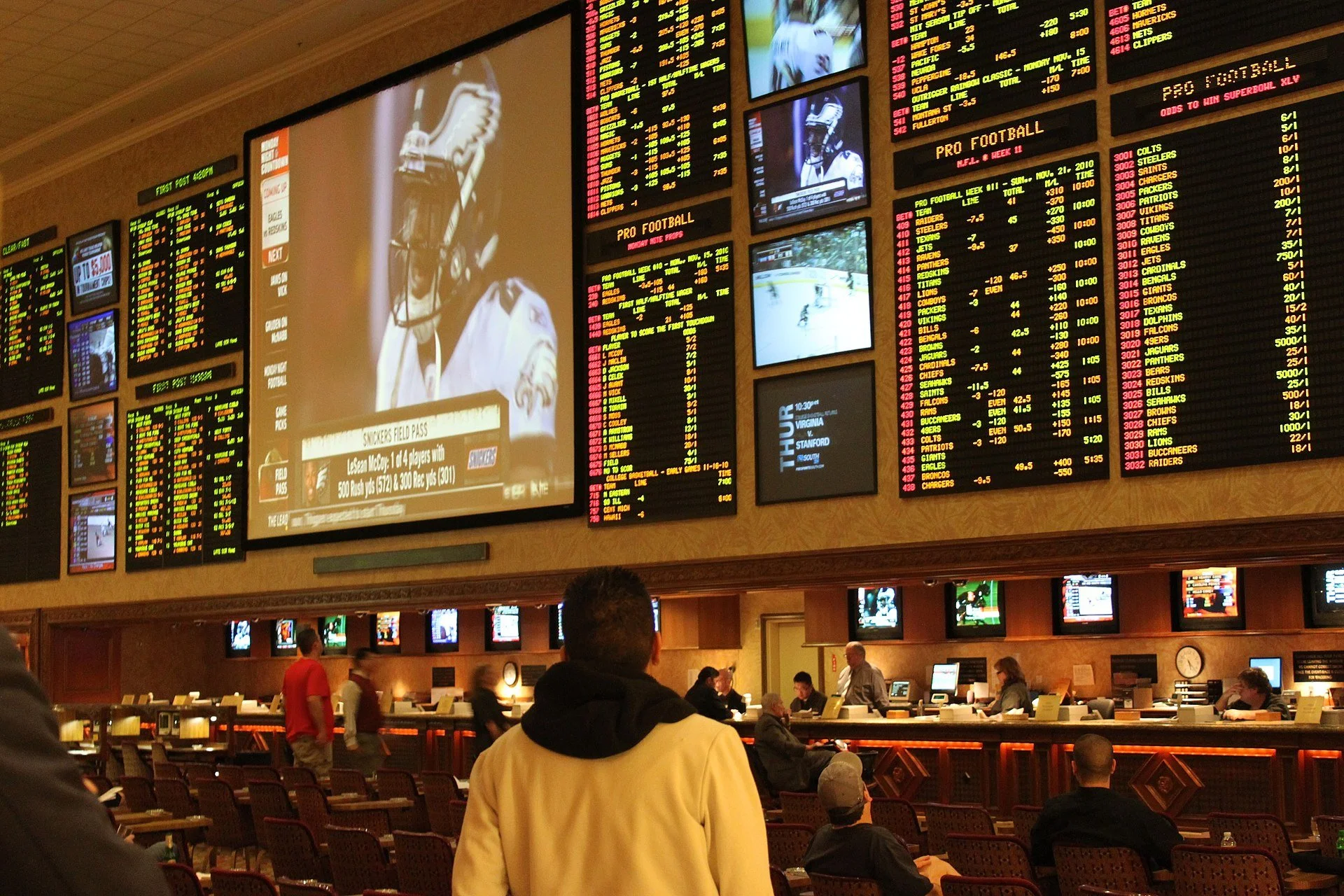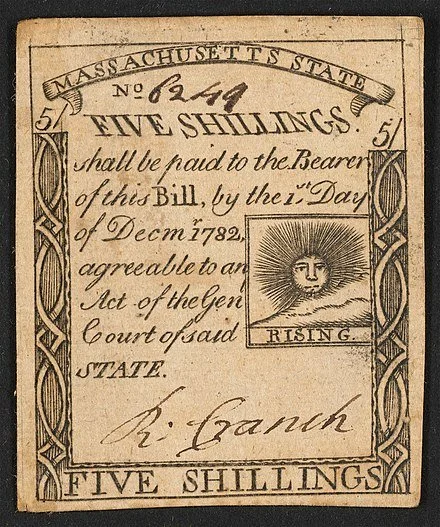Mass. promoting addiction; best place to live?
Odds boards in a Las Vegas facility
— Photo by Baishampayan Ghose
Adapted from Robert Whitcomb’s “Digital Diary,’’ in GoLocal24.com
Much of sports beyond the high-school level is becoming an adjunct of the huge sports-betting industry, which continues to create ever more gambling addicts. Massachusetts is doing its part to make things worse by now allowing – actually, encouraging -- sports betting in order to get more tax revenue – instant gratification on whatever electronic device you want.
The release of dopamine during gambling occurs in brain areas similar to those activated by taking certain widely abused drugs. Similar to drugs, repeated exposure to gambling and its associated uncertainty and anxiety, as well as its happy rush, produces lasting changes in the human brain.
Remember that betting is rife among poor people.
So state government will inevitably cause another increase in the social ills associated with addictive gambling – substance abuse, bankruptcies, embezzlements, etc.
Bettable?
A portion of the gorgeous Connecticut River Valley in South Deerfield, Mass.
— Photo by Tom Walsh
WalletHub has declared Massachusetts the best state to live in, based on affordability, the economy, education and health, quality of life and safety.
Rhode Island, a much poorer state, was way down at 28th, and Connecticut, with its troubled cities, a mediocre 25th. But New Hampshire was 6th, Maine was 11th and Vermont 12th. Those are known for their calm, civic-minded cultures and, yes, relatively homogeneous populations.
Interestingly, two other states with large urban populations and high taxes, like the Bay State, ranked high– New Jersey 2nd and New York 3rd.
The central factor: Good public services and the willingness to pay for them. The worst states to live in, as usual Trump cult states. Suckers!
But as always, take all such rankings with skepticism. Comparing apples with oranges, etc.
To read the whole list, hit this link.
Chris Powell: Conn. doesn't need Indians to run its gambling; arrogant encounter at Yale
Foxwoods -- the Pequot tribe's gigantic casino and resort, in Ledyard, Conn.
Nobody calls for a special session of the Connecticut General Assembly when some financial scandal breaks in state government, as when, the other day, the state auditors reported that the state Department of Economic and Community Development, which gives tens of millions of dollars away every year, has never learned how to count money or jobs.
But last week, when the U.S. Supreme Court invalidated the federal law that prohibited states from authorizing sports betting, Gov. Dannel Malloy and state legislators quickly announced their interest in a special session to get state government into the sports betting business. The governor and legislators imagine annual sports betting tax revenue of as much as $80 million.
Just as Connecticut's authorization of Indian casinos 30 years ago pushed most of the rest of the country into casino gambling, the Supreme Court decision will push most states into sports betting, and much faster, since the Internet instantly will carry any state's sports betting nationwide. Connecticut and other states will either undertake their own sports betting or forfeit the sports betting of their residents to other states.
The sports betting issue facing Connecticut is simply whether state government will accept the claim of its two reconstituted Indian tribes that their casino duopoly arrangement with the state gives them exclusivity on sports betting as well. The claim hinges on whether sports betting is to be considered just as much a casino game as slot machines and blackjack.
So this is the moment for state government to assert its sovereignty, to reject the tribes' claims and start subjecting their casino exclusivity rights to regular auction. Those rights well may be worth more than what the tribes long have been paying -- 25 percent of their slot-machine revenue.
Connecticut doesn't need Indians to run its gambling. Anybody else might do it.
xxx
ARROGANCE AND CONCEIT AT YALE: Of course admission to Yale University is competitive, but even so the school seems to have more than its share of arrogant and conceited students.
Two of them made national news the other day when one, a white woman, discovered another, a black woman, napping in a dormitory lounge at night. Apparently assuming that the black woman was a hobo or something worse, the white woman told her she couldn't sleep there.
The black woman, who had been writing a paper, replied that she was a student. The white woman said she was calling the police anyway. The black woman told her to go ahead and recorded the exchange on her cellphone. The police came and determined nothing was wrong.
But the black woman couldn't leave it at that. She vented on the police her resentment of the white woman's presumption, telling the cops that her ancestors had built the university, apparently because its early benefactor, Elihu Yale, who in 1718 donated what today would be about $185,000, had been a slave trader -- as if in the three centuries since then no one else has built the university, too.
The university said it had admonished the white student. Then it sank into its usual squishy political correctness, declaring that it would commence "conversations" about "inclusiveness." Yale should have just told its students to take the chips off their snotty shoulders.
Chris Powell is a columnist for the Journal Inquirer, in Manchester, Conn.





